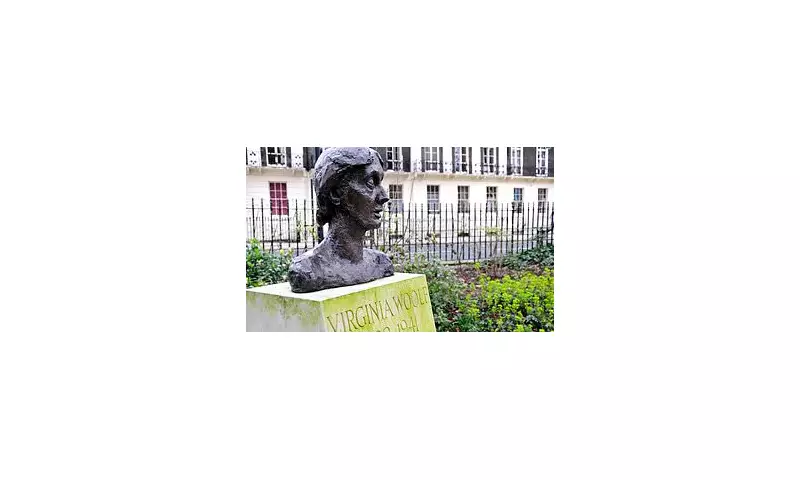
A Labour-controlled council has ignited a furious political row after distributing a contentious document that encourages the reinterpretation of historical statues through a modern social justice lens.
Controversial Guidance Sparks Outrage
The guidance document, obtained by concerned citizens, suggests that statues of historical figures should be viewed as potential symbols of oppression. The material specifically highlights characteristics such as being 'white' and 'male' as indicators that these figures might represent 'oppressors' from Britain's colonial past.
Critics have slammed the document as historically reductive and politically motivated, arguing it reduces complex historical figures to simplistic categories based on their race and gender.
Growing Backlash from Heritage Groups
Heritage organisations and political opponents have condemned the guidance as an attempt to rewrite history according to contemporary political ideologies. Many have expressed concern that such approaches could lead to the removal or contextualisation of important historical monuments across the country.
'This represents a dangerous oversimplification of our complex history,' one heritage campaigner stated. 'We should be encouraging nuanced understanding, not reducing historical figures to crude stereotypes.'
Political Fallout Intensifies
The publication comes amid ongoing national debates about how Britain should commemorate its historical figures, particularly those with connections to colonialism or the slave trade. The Labour council's intervention has placed them squarely at the centre of this cultural battleground.
Local residents and political figures have demanded the immediate withdrawal of the guidance, calling it divisive and historically inaccurate. The controversy shows no signs of abating as both sides dig in for what promises to be a prolonged cultural and political confrontation.
As the debate continues, questions remain about how local authorities should approach Britain's complex historical legacy and whether such guidance represents legitimate historical reinterpretation or political activism disguised as educational material.





